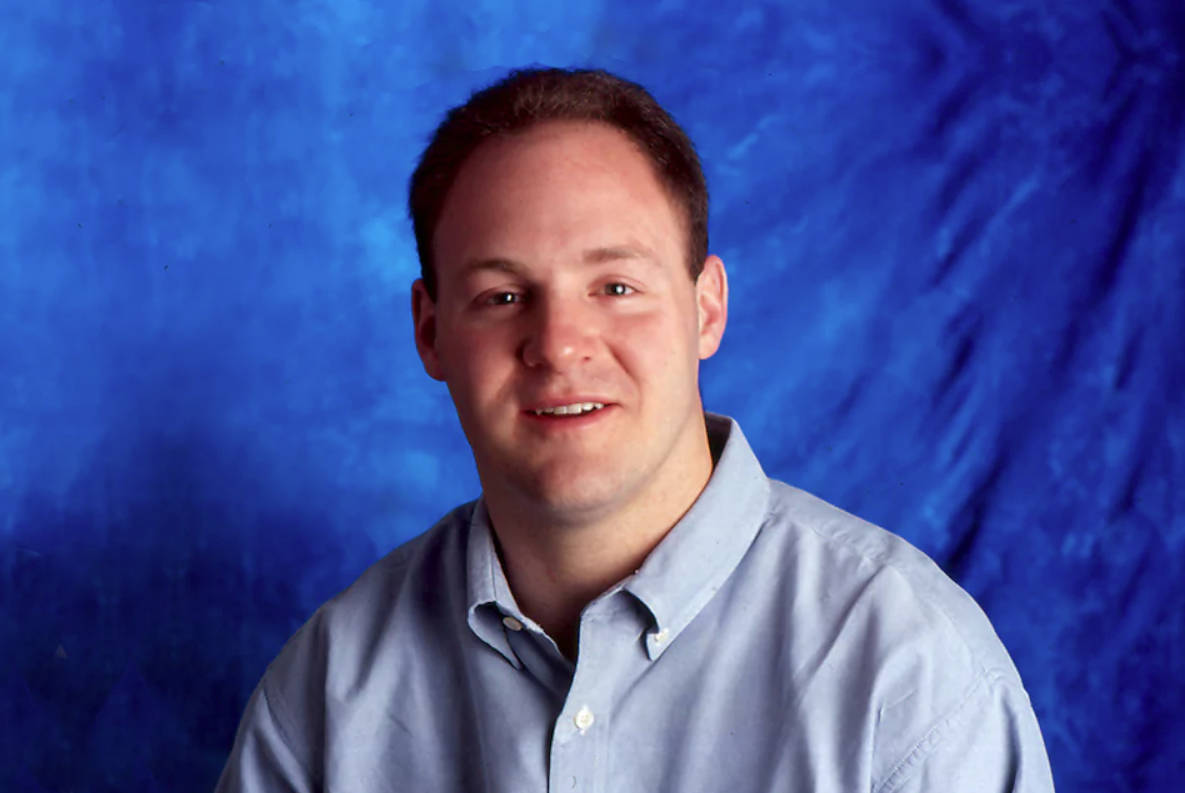WorkingNation is honored to introduce Mark Goulston, M.D. as a featured guest writer for July.
Goulston is an award-winning business psychiatrist, consultant and the author of seven books. He also serves as a Clinical Assistant Professor for Medicine at the Neuropsychiatry Institute at the University of California at Los Angeles and is the co-founder of Heartfelt Leadership.
He is the author of the best selling self-improvement book, Just Listen, along with his latest book, Talking to Crazy: How to Deal with Irrational and Impossible People in your Life, was a featured book from Oprah Winfrey.
He has served as a consultant for many top companies, including IBM and Xerox, and runs a mentorship program for entrepreneurs to unlock their full potential.
Dr. Goulston’s first article debuted on July 3 and three more articles will run on subsequent Mondays. We had a brief interview with Goulston to give you a look ahead to what you can learn about coping mechanisms on dealing with job loss or extended unemployment.
WN: How did you become connected with WorkingNation?
MG: I’ve mentored Joan Lynch, Working Nation’s Chief Content and Programming Officer, and Joan brought me on board. She truly understands how people in transition not only need strategy and tactics, but they also need unconditional support and someone who believes in them when they don’t, sees a future when they don’t and stays with them until they land in that future. I think she believed that the entire population that WN addresses might be able to relate to that.
What were the important topics you felt you needed to address when it comes to helping people cope with the transitioning economy?
That just because they’re afraid, doesn’t mean they’re in danger, even if their body and mind is telling them otherwise.
Just because they don’t think they’ll ever work again, doesn’t mean they won’t.
Just because they don’t think they can learn new things, doesn’t mean they can’t.
Just because they think they are a burden to the people they love, doesn’t mean they are.
What should our readers come to expect over the next four weeks?
Inspiration, insights, strategies and tips to lift their their spirits and hopes about getting back into the working market and “doable by them” tactics to make it happen.
For example, in your first article on helping couples cope with extended unemployment, you suggest couples have a serious and frank conversation with a wrenching script almost out of a movie. Why is catharsis and important component of spousal communication?
When people have a heart to heart conversation and feel the love and support from others, that increases oxytocin (the bonding hormone in them) and reduces cortisol (the stress hormone). When that happens, they are able to calm anxiety, move away from panic and be able to think about and consider options.
Your articles touch on emotional costs of job displacement or worker obsolescence, which can lead to severe depression or worse, suicide. Why is it in our cultural DNA to have our emotional lives so intertwined with the idea of work?
It’s much more of a male thing. Men’s identity is very much tied to being providers and protectors of their families and role models for courage, tenacity and resilience. When all of these fall away, men can very quickly feel useless, worthless and if this goes on for too long they can drift into depression and feel that life is pointless.
At WorkingNation, we will not only help such people get back on their feet and back to work, we will do everything we can to help them not feel so alone in hell. When you feel alone in hell, it makes life much worse and when you feel less alone there, life feels more tolerable and pretty soon possibilities make their way back into your life.
You will offer strategies to remove the mental and social barriers when it comes to facing life after job loss. How much of the healing process is changing how one views their own self?
Most of it. As Henry Ford said, “Whether you think you can or think you can’t– you’re right.” Much easier said than done, but still doable.
And as Abraham Lincoln said, “Folks are usually about as happy as they make their minds up to be.”
So how do you achieve what Henry Ford and Abraham Lincoln suggest?
Here is a final more recent quote from the late Wayne Dyer: “When you change the way you look at things, the things you look at change.”
Think of one way you are looking at something that is holding you back. Now pause and think of a different way to look at it. If you can’t do that, ask someone who cares about you to see if they can help.
Going forward, I’ll do my best to help you look at your life differently in hopes of helping you change the way YOU look at YOUR future.
Thank you, we look forward to sharing your insight and knowledge with the WorkingNation audience.
You can find Dr. Goulston’s books available for order through Amazon. He offers an extensive amount of free resources on his website and via YouTube. Connect with Dr. Goulston through Linkedin, Facebook and Twitter.
More videos from Dr. Goulston:











